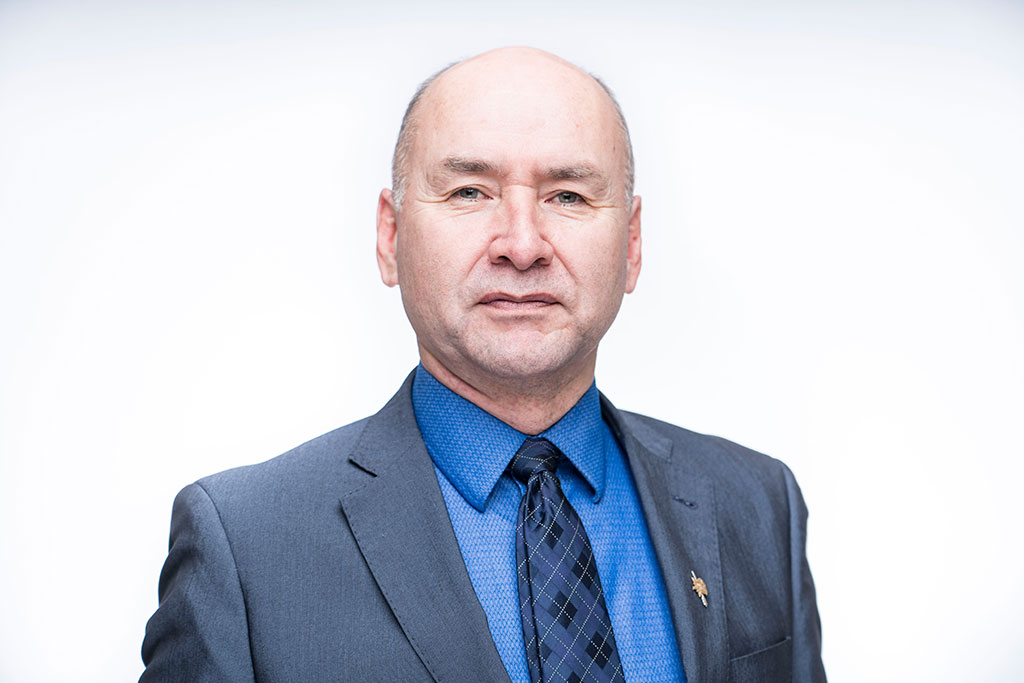A Path Forward
We Want Reconciliation on Our Own Terms

By Ellis Ross
As a source of energy, Canada produces the most environmentally sensitive and ethical products in the world.
This is not, however, the narrative that the current Shut Down Canada campaign is sending across the country and to markets abroad.
During the past few months it has become abundantly clear that there is a well-organized and well-financed movement designed to undermine Canada’s energy sector, and with it, nearly 15 years of progress that Aboriginal communities have made in reconciling Aboriginal rights and title with the Crown.
We have seen it recently with the Coastal GasLink pipeline project in British Columbia, which many speculate is just a warm-up to larger demonstrations aimed at other energy projects like the Trans Mountain pipeline.
Caught in the middle of all this are the Wet’suwet’en, whose people are being divided by a question of authority between the elected band council members and hereditary chiefs.
Also caught in the middle are average Canadians – both Aboriginal and non-Aboriginal – who simply want to get to work, go home, and spend time with their family without being subject to multiple blockades.
As an elected councillor for the Haisla First Nation, and later Chief Councillor, I read too much about dismal employment prospects, children being raised in poverty, tragic suicides, and horrific rates of Aboriginal youth ending up in the prison system.
We’ve always had to cope with outsiders and so-called experts telling us who best represents First Nations, or what we should do within our own territory. Yet none of these people have ever lived on reserve or spent any significant time with the people who actually live there.
Ultimately, the only people who have a right to decide who represents them are the band members themselves.
The fact of the matter is that all 203 First Nations in British Columbia have different approaches to governance. The last thing any of us need is intervention from foreign groups that want to hijack our future for their own objectives.
Foreign influence is nothing new, but what we are seeing today are nationally coordinated campaigns financed by the likes of Tides Canada and the U.S.-based Rockefeller Foundation.
Unfortunately, that’s what’s happening right now. I can assure you that most Aboriginal people, their elected band councils, and even their hereditary chiefs are far more interested in ending the hopelessness we inherited from the past than in pleasing some environmental activist groups. My fellow First Nation leaders, both elected and non-elected, spent years investigating everything we could about LNG through environmental assessments, reviewing permits, government-to-government negotiations, and all the while trying to keep our members apprised of our progress.
My goal was to do everything I could to make sure my kids and grandkids didn’t grow up knowing the myriad of social issues that accompany poverty. I’m pretty sure all chiefs — elected and non-elected — feel the same way.
We appreciate the concern that most Canadians have for the well-being of our Aboriginal peoples. But we want reconciliation on our own terms.
Many First Nations have invested years into establishing their own rights and title, only to have inflammatory comments and actions attempt to set back genuine efforts at reconciliation.
The bottom line is First Nations want to be independent from the Indian Act funding and we definitely want to break the cycle of poverty.
It will be more than just a shame if those people who want to see us fail achieve their goals. I for one think that fighting for a future for the next generation of Aboriginals is a worthwhile fight. ABQ

